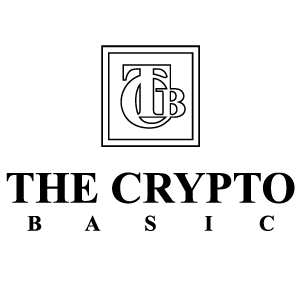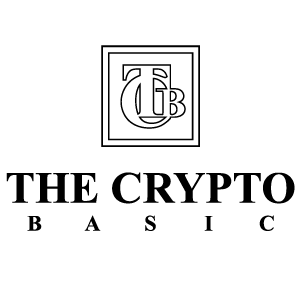UK Won’t Establish Bitcoin Reserve, Treasury Secretary Says It’s “Not Good for the Market”
2 min read
Emma Reynolds MP, the Economic Secretary to the Treasury of the United Kingdom, has disclosed that the U.K. will not follow the U.S. in establishing a strategic Bitcoin reserve. Reynolds made the disclosure during a fireside chat at the Financial Times Digital Asset Summit hosted in London. During the event, Reynolds stressed that stockpiling cryptocurrencies like Bitcoin is unsuitable for the U.K. market. Since President Donald Trump announced plans to establish a crypto reserve in the U.S., there have been debates about whether other nations will adopt the strategy. As previously reported , Japan dismissed the idea of holding Bitcoin as a treasury asset, noting that cryptocurrencies are not foreign currency reserves. The U.K. has followed suit, as it does not consider stockpiling assets like Bitcoin an appropriate strategy for its market. Close Relationship with the US on Digital Assets Regulation Even though the U.K. will not mirror the U.S. Bitcoin reserve model, Reynolds stressed the need for collaboration between the countries on crypto regulation. She highlighted key progress regarding this transatlantic cooperation. This includes the creation of a senior-level working group on digital assets and the meeting between U.S. Treasury Secretary Scott Bessent and the U.K.’s Chancellor of the Exchequer, Rachel Reeves. According to Reynolds, the regulatory forum will meet next month to discuss cooperation on digital assets. Per Reynolds, this cooperation is imperative given the remarkable shift in the United States’ stance on digital assets under Trump. Plans to Leverage DLT to Issue Sovereign Debts Meanwhile, the Economic Secretary to the U.K.’s Treasury also revealed ongoing plans to use distributed ledger technologies (DLTs) to issue sovereign debt. According to her, the procurement process has already commenced, and the government hopes to appoint a supplier by the end of the summer of 2025. UK Won’t Copy EU’s MiCA Framework Further, she disclosed that the U.K. is not considering copying the EU’s MiCA framework for digital assets. Instead, it aims to ensure digital assets operate within the United Kingdom’s existing financial services regulation. Reynolds suggested that existing financial regulations should also apply to digital assets since they carry the same risks. Meanwhile, Reynolds conceded that some aspects of cryptos, particularly Bitcoin’s decentralized nature, are beyond governments’ regulatory ability. In her view, crypto’s decentralized nature poses a major regulatory challenge; hence, the government can only do so much.

Source: The Crypto Basic



